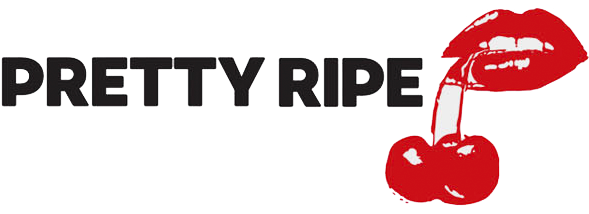Does Lying About Your Age Pay Off?
Truth: I lied about lying about my age. That's right. When I talked about "embracing 53" and the power of saying your true age aloud in a podcast interview last September, I was actually 54. (Now, I'm 55.) Somehow, shaving that one year off of my lifespan made me feel better, cooler, younger. (Apparently, I'm not alone in that most people who fib about their age nick off only a year or two.) Still, as an advocate for age positivity, I feel like that shifty friend who metes out advice she would never follow. I am sorry. But I'm confessing to you now because my deceit speaks to the insidious shame around getting older and our ingrained conviction as women to cry (younger) wolf. Last year, actress Laverne Cox admitted to lying about her age for decades--and revealed that no one really cared when she came clean. Pamela Adlon, creator and star of the TV show Better Things, once told me: “Look, I lied about my age for so long that even I was shocked when I turned 50 — the fucking internet told me!”
Sure, we can blame cultural norms that idolize youth but an often overlooked culprit is age-segregation. Using labels like "Gen X" and "millennial" separate us further. (Trust me, no Gen Xer wants to be referred to as a Boomer because of the implied stereotypes.) Maybe the best way to nudge us to be more enthused about our age is new science: recent studies show that feeling upbeat about getting older (and your chronological age) can reduce your risk of heart disease and dementia--and even help limit menopausal hot flashes. Yale epidemiology professor Becca Levy, who is also the author of Breaking the Age Code: How Your Beliefs About Aging Determine How Long and Well You Live, says you can extend your life by 7.5 years if you embrace aging. Do the math. Clearly, honoring every birthday pays off. Who wants more cake?

